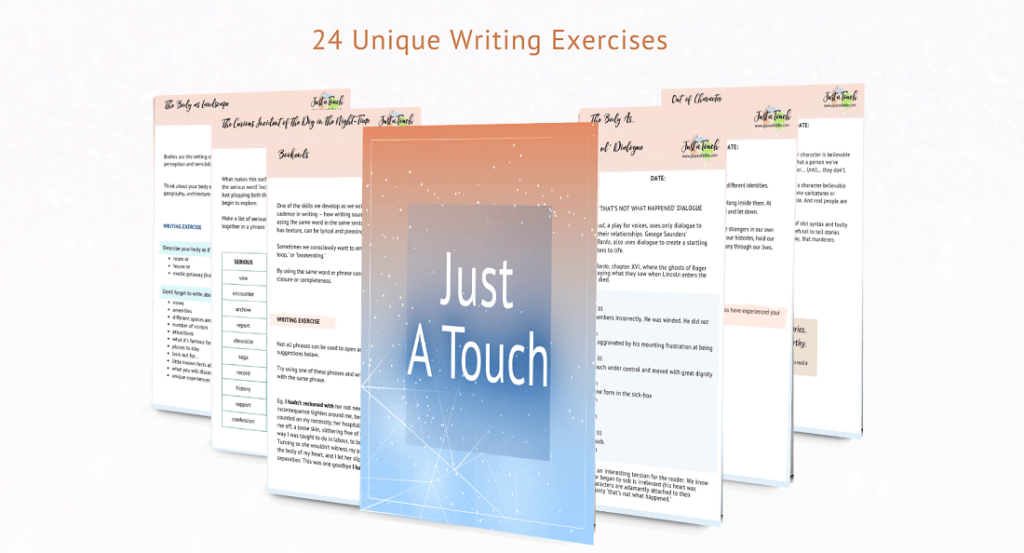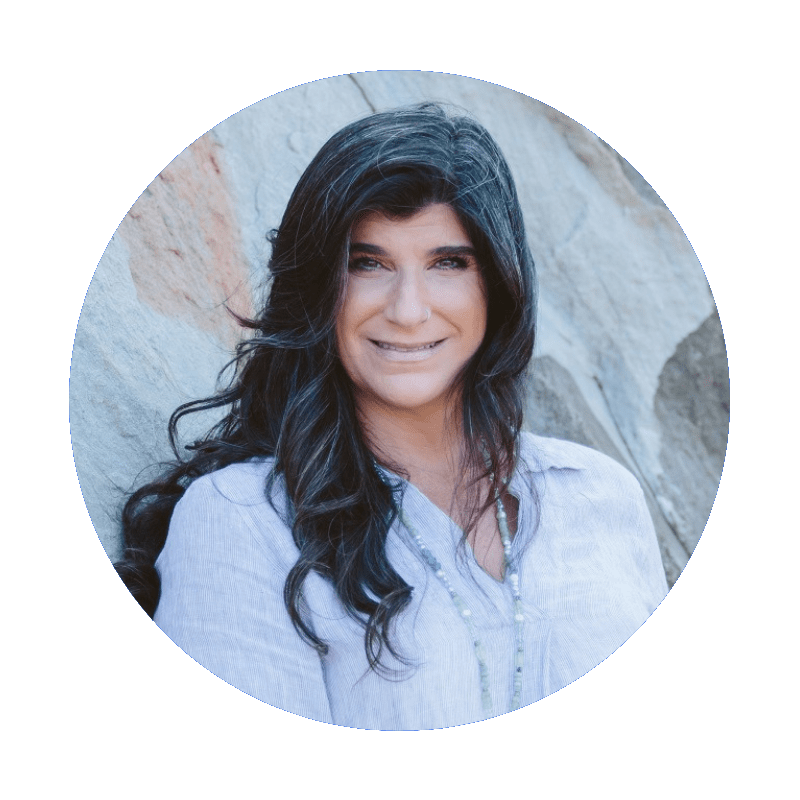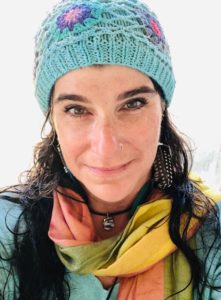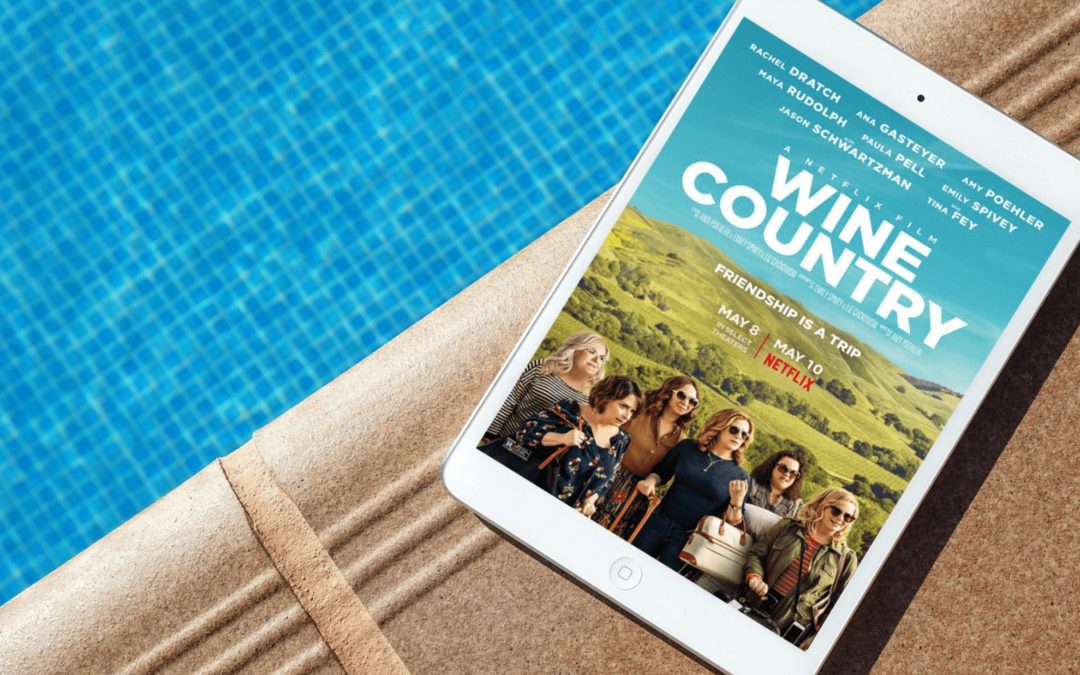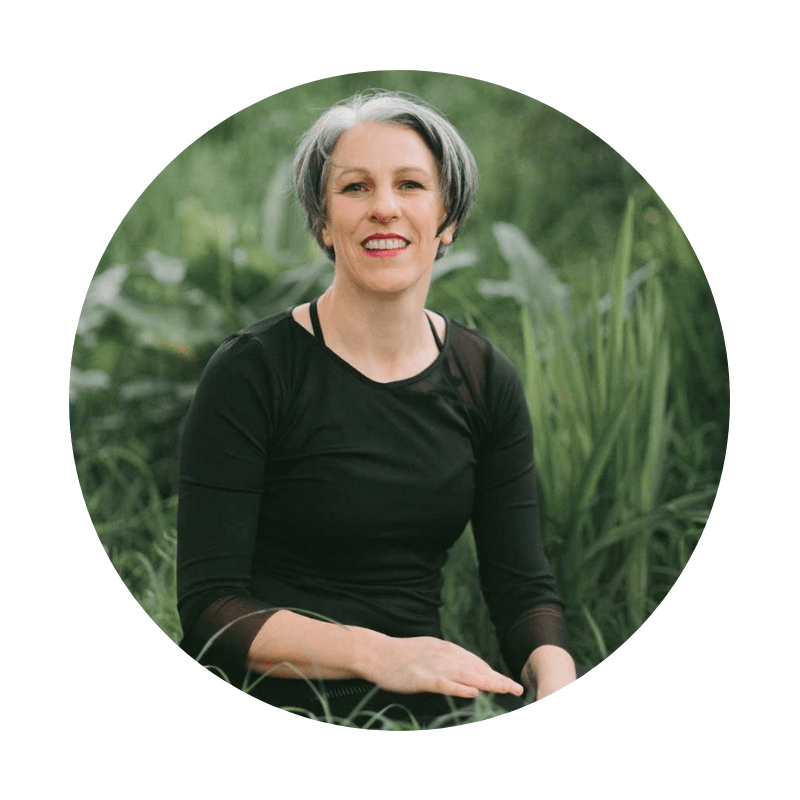
There’s an Octopus in the Room
There’s an Octopus in the Room
‘We need beauty because it makes us ache to be worthy of it.’
– Mary Oliver
In a week’s time, I will get to live my dream.
Over four days, I’ll sit in what is called in the industry, a ‘writers’ room’ with five smart, talented women and we will discuss how to turn my book, Things Without A Name, into a television series.
If my book makes it to the screen, it has to do something useful in the world. It has to make up for my failures on the front lines. And I hear Ru Paul’s words to his queens on stage, ‘Don’t f#@% it up.’
But it’s also the knowledge that here it is – the moment I have worked all my life for. I feel the heft of responsibility to the stories of so many women at my back.
I’m afraid that somehow this tender story will be ‘commercialized’ to make it palatable to viewers.
Years ago, when I insisted on the inclusion of the appendix which hits the reader hard with the realities of violence against women, my publisher was worried it would make ‘readers uncomfortable.’
‘Good,’ I’d said. ‘Isn’t that the point?’
‘Uncomfortable doesn’t sell,’ she’d responded.
***
I get up early on a Sunday morning. I like to get down to the ocean for my swim before the crowds descend.
‘Seriously?’ I mutter as I paw through the garbage my family has been too distracted or lazy to sort out during their nighttime forays into the fridge. I pull the soft plastics out and put them in the bag above the fridge. I wash out the hard plastics and tins and put them in the recycling. I pull out the banana peels and other food scraps and put them where they belong – in the compost under the sink. ‘How many bloody times do I have to tell you…?’
But telling people how to behave is not how you get them to care enough to act accordingly. I know this. How many times do I have to know this before I’ll figure out a different way to inspire a change of behavior?
***
Since I’ve become an ocean swimmer, I will watch anything about the ocean. So I settle down on my couch and begin the Netflix documentary My Octopus Teacher, a South African production about a man, Craig Foster, who forms a relationship with an octopus over the span of a year.

Joanne Fedler
Author, writing mentor, retreat leader. I’m an internationally bestselling author of nine books, inspirational speaker and writing mentor. I’ve had books published in just about every genre- fiction, non-fiction, self-help, memoir – by some of the top publishing houses in the world. My books have sold over 650 000 copies and have been translated in a range of languages. Two of my books have been #1 Amazon bestsellers, and at one point the German edition of Secret Mothers’ Business outsold Harry Potter- crazy, right?
Things Without A Name is the best of my thirteen books – so when it was met with mediocre sales (and embarrassingly poor ones in Germany, the country in which some of my books have been bestsellers), I’ve often wondered if perhaps I was mistaken. Perhaps the book means so much to me because I care so much about the issue – ‘the issue’ of violence against women and children. I spent six years as a woman’s rights advocate in South Africa in my mid-twenties. I set up a legal advocacy centre to end violence against women; I sat on a Law Commission which drafted the Domestic Violence Act. I ran workshops to educate police, prosecutors, magistrates, even judges on unconscious sexism and racism. I was, I guess you could say, an expert in this area once. Those were, without doubt, the worst years of my life.
Then, when my daughter was 18 months old, someone I love deeply was gang-raped. I suppose in a story, this is what has to happen – what you fear the most is what you must encounter on your journey, so you have a chance to meet it anew and transform yadda yadda yadda.
What it did was catapult my husband and I from our beautiful rental home in Rondebosch beneath Lion’s Head in Cape Town to another rental in Sydney with two small children before I could grab hold of my heart long enough to still it. Within three years, my life in South Africa became a backstory, replete with its imprinting wounds, holding the world that had formed me, the sky under which I’d been born, the earth on which I’d taken my first steps, the people who make me a person, you know – the kind of whole person you are when you’re not half gone.
It took five years of grief and not knowing what I would make of myself in this bizarre, beautiful, terribly repressed country with a racist history that rivals South Africa’s, for me to settle down to writing, which had always been a hobby, something I did on the side. It seemed benign and healing enough an occupation after the horrors I’d witnessed firsthand, the ones I needed to forget enough so I could be a semi-sane mother.
In my narratives, I could control what happened. People you loved wouldn’t get raped. Or murdered. You could write about love; friendship; the mundane stresses of motherhood. And so I did.
Until, one day, seven years into our immigration, the words of a woman sitting opposite me at my desk at POWA, resurfaced, the way a submerged object – even a body – will rise, eventually. Her sister had been stabbed to death with a pair of scissors. Forgive me for inserting this image into your mind, but those were the facts. The line I wrote was ‘There are not many useful things you can say to someone whose sister has been stabbed to death with a pair of scissors.’
And then Things Without A Name poured out of me, a long wail of sadness, grief and, surprisingly, hope.
***
I’ve always longed for an encounter with the divine. I don’t even know what I mean by this, to be honest. It has nothing to do with patriarchal religion which makes me ornery, verging on the irascible. I’ve been a self-help junkie, immersing myself in meditation, philosophy, mysticism and Sounds true podcasts over many decades. At one point I noticed I was hoping for an angel to appear at the foot of my bed to tell me that my friend Emma who died so tragically and so young, is very much still around. Or for a voice to speak into my ear that my dreams about my cat Tanaka mean that her spirit lingers over the cat bowl. Or that my Bobba Chaya who died when my dad was thirteen watches over me when I sleep.
I’ve grown out of that, thankfully.
These days, I go down to the ocean.

‘I ask for permission to enter and safe passage while I’m in.’
This is my morning prayer before I step into the water. I wait for the cold to bite me and I sink myself into its embrace. The moment you put your face in and you feel the water on your eyelids, is sublime. It takes a full two minutes for your body to register it is not in shock and then, as my husband wrote to me in a birthday card, ‘she is made of the sea.’
***
I am sobbing.
My husband looks up at me. ‘You watching that thing about the octopus? Didn’t realise it was a tearjerker.’
‘It’s not sad… it’s just… beautiful, look,’ I say, showing him my iPad screen where Craig is holding this octopus in his arms. ‘She’s caressing him.’
***
Things Without A Name is about Faith Roberts, who at 34, has given up on love. She works, as I once did, at a women’s crisis centre. Her best friend Josh, died when he was 16 of cystic fibrosis. Faith and Josh share a love for nature. Faith loves spiders. Josh sits with dying creatures, just to be with them. Neither of them fears insects or animals – only people. Faith meets Caleb, a vet. The violent men in the book are offset by men who are tender, gentle souls.
The book, I realise now, is not just about violence against women. It’s also about the way humans interact with the natural world. As I think about the writers’ room, I know that I want whatever we do in that room to evoke the same emotion I felt watching My Octopus Teacher.
The line that sticks with me most of all is Craig saying that bringing his son to the water is teaching him ‘gentleness.’
Imagine if all fathers taught their sons that this is the way to be a man.
***
The problem advocates of any social issue face is we tackle the issue head on. We shine a spotlight on cruelty to animals, refugees, women, children, the homeless, the disabled… and we say ‘THIS IS BAD. STOP THESE TERRIBLE BEHAVIOURS.’
No-one likes to be told how to behave.
Ask my family.
When I was a women’s rights advocate, I quickly understood that the language of advocacy and the words we used to draw attention to violence against women and children, did not achieve what we hoped – to end violence and change men’s behaviour.
One of my biggest breakthrough moments coincided with crippling cynicism – when I understood that the language of cost-to-business and ‘financial damage as a result of domestic abuse’ was what got the attention of CEOs. I have grappled, oh how I’ve grappled with the question of how to make people care.
But I realize now that that is not the right question.
The question is how do we get people to feel?
***
My Octopus Teacher is filled with astonishing footage as well as a mesmerizing soundtrack. When I am done, I feel light inside. My boundaries are soft. I recognize in it what I have never been able to achieve in all my years as an advocate. It is the highest form of activism, it is not shouty, condemnatory, blaming or shaming. It doesn’t tell us how to behave. This is what art is supposed to do. It makes you want to be a better version of yourself. It exposes you to the possibility that you are part of some greater family from which you have been exiled in consciousness and it invites you back in.
When an octopus hunts prey, it often fails when it lurches straight at it. Strategy is a patient game. The octopus watches and waits, surrounding the crab or other unsuspecting creature before closing its tentacles around it. I want to learn from an octopus to come side-on, corral peoples’ hearts and souls, trusting they will draw their own humane conclusions.
I’m not saying we don’t need advocates. Of course, we do. They are the voice of our consciousness. They raise a cry on behalf of humanity. They name the things we fail to. They give voice to silent suffering. They hold our collective grief, especially the grief we are dissociated from; the grief we will not acknowledge which is the consequence of our mindless, greedy, selfish, consumerist behaviours on this planet.
I once was one of them. But it is an exhausting, lonely, nightmarish podium on which to stand for too long and eventually ones’ legs give way. We burn out, become exhausted and disillusioned with humanity – these are all built into the job description.
I’ve done my time there. I’ve had my heart butchered, my soul excoriated and my spirit dismembered, just like that octopus had her tentacle torn off by the shark.
I thought I was done.
But octopus tentacles grow back.
***
‘How did you get your book optioned for the screen?’ a friend asks me. ‘Did someone just read the book and approach you?’
I laughed even though the answer hurt.
In October last year, a friend of mine was brutally raped and tortured over many hours. I set up a GoFundme campaign to help raise money for her medical costs and recovery. Then some weeks later, Hannah Clarke and her children were murdered when her ex-husband set them alight.
I heard a voice say, ‘You’re not done yet with this issue. Take this story and find a way to tell it to more people.’
You could say I had an encounter with the divine.
***
So I made a list of every person I knew in movies and television and reached out to them.
I posted out many copies of my book.
I set up meetings.
I spoke about Hannah Clarke. The zeitgeist. #MeToo.
It happened quickly and without fuss. Bunya Productions optioned it for the screen.
Then I really got a fright.
That voice inside me said, ‘Now what, Fedler? Here it is, the opportunity you’ve asked for, a greater platform on which to tell this story.’
And so as I prepare myself for four days in a writers’ room to discuss the characters, plot and how to bring the story into peoples’ living rooms and hearts, I am taking my octopus teacher with me as my compass.
I only hope that whatever we create together in that room will resonate with the delicacy, soulfulness and brilliant beauty of one man’s love song to an ocean creature.
I see it, all the connections. That little octopus with her tentacle torn off by the pyjama shark is women’s bodies. The human is the male psyche.
And I wept to witness that wild, precious creature caressing the hand and chest of a gentle man who would do her no harm.

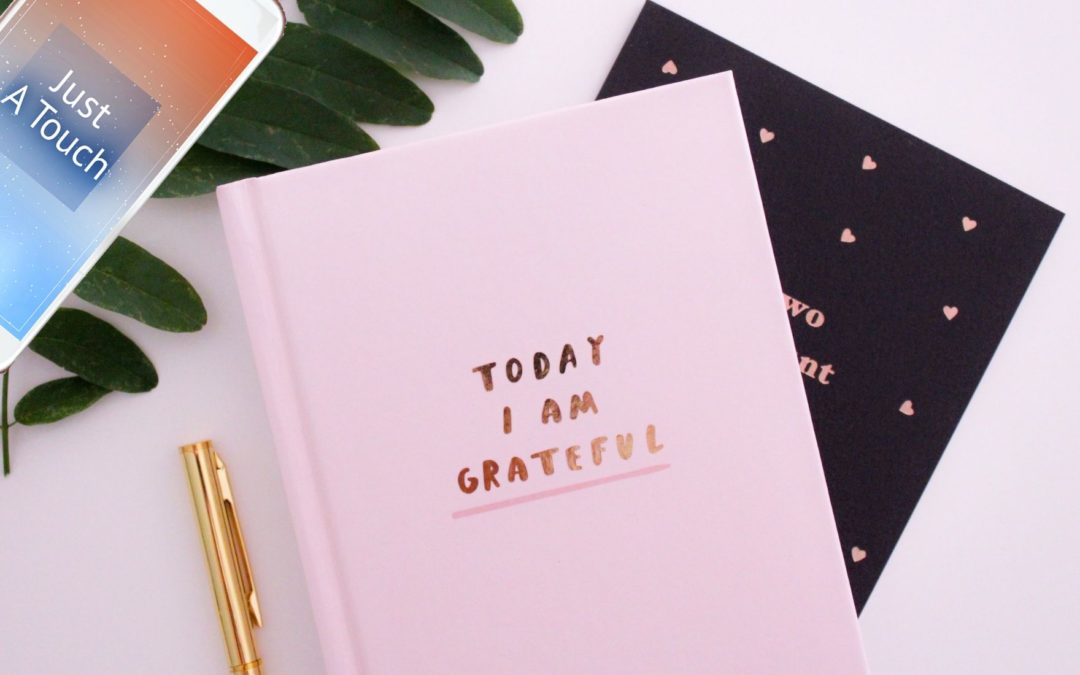
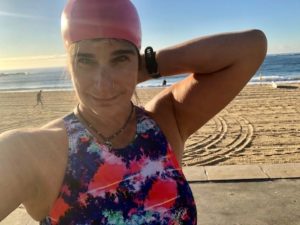 2019 has also been the year when we’ve finally woke up to what’s happening on our planet.
2019 has also been the year when we’ve finally woke up to what’s happening on our planet. 